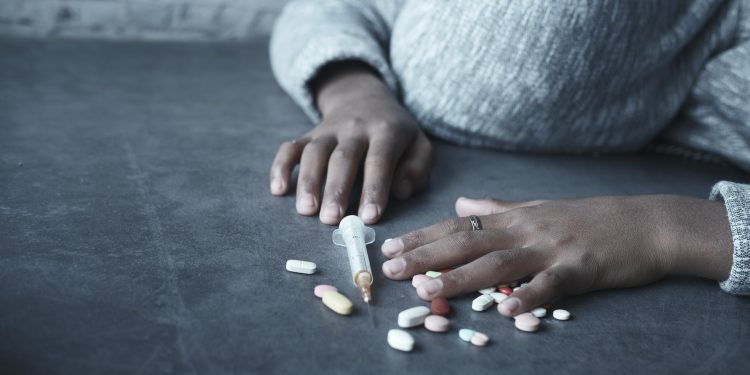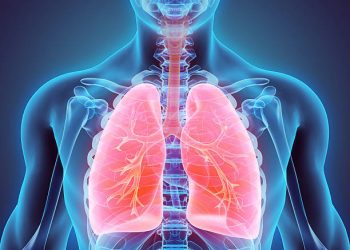Drug abuse is a pressing global issue that affects individuals, families, and societies at large. With its profound impact on physical and mental health, relationships, and social well-being, drug abuse demands our attention and proactive efforts for prevention and intervention. In this article, we delve into the intricacies of drug abuse, exploring its causes, consequences, and potential solutions, in order to promote a healthier and more informed society.
Defining Drug Abuse
Drug abuse, also known as substance abuse, refers to the harmful or hazardous use of psychoactive substances, including both legal and illegal drugs. It involves the consumption of these substances in a manner that is detrimental to one’s physical, mental, or social well-being. Such substances may include alcohol, prescription medications, illicit drugs, and even certain over-the-counter substances when used outside recommended guidelines.
Causes of Drug Abuse
Numerous factors contribute to the development of drug abuse. These factors can be categorized into three main areas:
1. Biological Factors:
Genetics and individual neurochemistry play a significant role in a person’s susceptibility to drug abuse. Some individuals may have a genetic predisposition that makes them more vulnerable to addictive behaviors.
2. Environmental Factors:
A person’s upbringing, family dynamics, peer influence, and socio-economic status can greatly impact their likelihood of engaging in drug abuse. Exposure to drugs at an early age or having family members with substance abuse issues can increase the risk.
3.Psychological Factors:
Underlying mental health conditions such as anxiety, depression, or trauma can lead individuals to self-medicate with drugs as a way to cope. Additionally, a lack of healthy coping mechanisms and poor stress management skills can contribute to drug abuse.
Consequences of Drug Abuse
The consequences of drug abuse are far-reaching and affect various aspects of an individual’s life:
1. Physical Health:
Drug abuse can lead to severe health problems, including cardiovascular issues, respiratory complications, liver damage, and neurological disorders.
2. Mental Health:
Substance abuse is often linked to the development or exacerbation of mental health disorders, such as anxiety, depression, and psychosis.
3. Social and Interpersonal Impact:
Drug abuse strains relationships, leading to isolation, broken families, and damaged friendships. It can also hinder academic and professional growth, reducing one’s overall quality of life.
4. Legal Consequences:
The possession and use of illicit drugs can lead to legal repercussions, including arrests and criminal charges.
Prevention and Intervention Strategies
Addressing drug abuse requires a multi-faceted approach:
1. Education and Awareness:
Promoting awareness about the risks and consequences of drug abuse is crucial. Educational programs in schools, workplaces, and communities can help individuals make informed decisions.
2. Early Intervention:
Identifying signs of substance abuse early and providing appropriate interventions, such as counseling and therapy, can prevent the escalation of drug-related issues.
3. Access to Treatment:
Affordable and accessible addiction treatment programs, including detoxification, rehabilitation, and support groups, are essential for those seeking recovery.
4.Support Systems:
Building strong social support networks and fostering healthy relationships can serve as protective factors against drug abuse.
5. Mental Health Care:
Addressing underlying mental health issues through therapy and counseling can reduce the likelihood of using drugs as a coping mechanism.
Conclusion
Drug abuse remains a significant public health challenge that demands our collective efforts. By understanding the causes, consequences, and potential solutions, we can work towards creating a society that prioritizes mental and physical well-being, offers compassion to those struggling with addiction, and empowers individuals to make healthier choices. Through education, early intervention, and strong support systems, we can pave the way for a brighter, drug-free future.































